
On Repetition: Lacan’s Contribution to Logic—André Michels
There is repetition only through scansion by the unary trait, the basis of the constitutive differentiation of the subject. Returning to the logic of the signifier, we will address the structure of repetition and the emergence of the new — one of the major stakes for the future of psychoanalysis.

On Hate and Love — Paola Mieli
The process of identification brings to the fore an intrinsic vulnerability toward otherness, grounding the forms of hainamoration (love/hate) proper to the subject of language, and their subjective and collective manifestations — also typical of the political domain. Identification, narcissism, and the sexual non-relation will be addressed, exploring the vicissitudes of hate and love, and the path toward a relation to otherness that reckons with the real of difference, moving beyond the myth of the One toward a practice of the not-all.

Barred Letters: $ or The Subject without Subjectivity—Erik Porge
How must we define the status of the letter in psychoanalysis if the latter is a practice grounded in speech? All speech contains a letter, as equivocations or slips of the tongue reveal. Freud showed their range in the formations of the unconscious; Lacan defined their specific status as intermediary between the function of individual speech and the field of language on which knowledge rests.
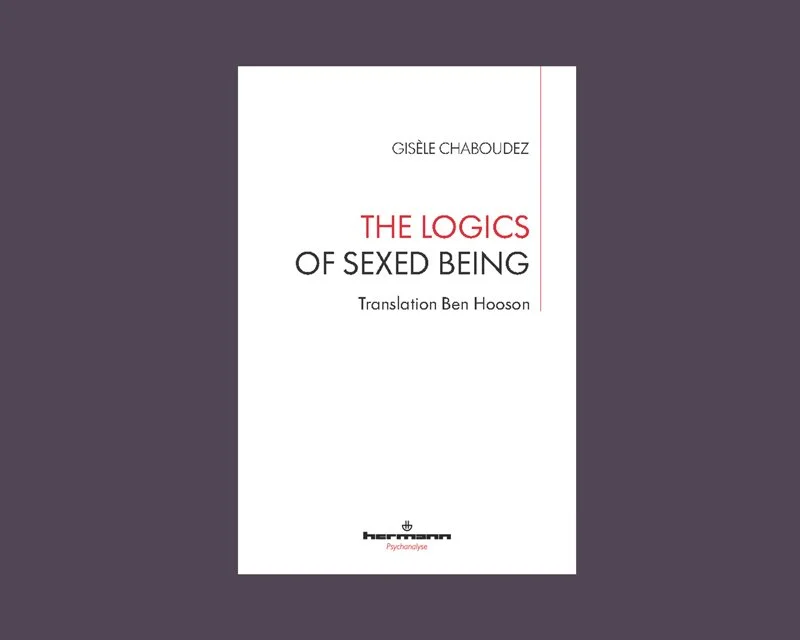
The Logics of Sexed Being—Gisèle Chaboudez
Since Freud, psychoanalysis has updated its thinking about sex. With Lacan, the pan-phallic logic of the Oedipal, the male norm, gave way to a female logic of the not-all, acknowledging another jouissance. The phallic function remains, but it's no longer exclusive.

On Hate and Love — Paola Mieli
The process of identification brings to the fore an intrinsic vulnerability toward otherness, grounding the forms of hainamoration (love/hate) proper to the subject of language, and their subjective and collective manifestations — also typical of the political domain. Identification, narcissism, and the sexual non-relation will be addressed, exploring the vicissitudes of hate and love, and the path toward a relation to otherness that reckons with the real of difference, moving beyond the myth of the One toward a practice of the not-all.

On Hate and Love — Paola Mieli
The process of identification brings to the fore an intrinsic vulnerability toward otherness, grounding the forms of hainamoration (love/hate) proper to the subject of language, and their subjective and collective manifestations — also typical of the political domain. Identification, narcissism, and the sexual non-relation will be addressed, exploring the vicissitudes of hate and love, and the path toward a relation to otherness that reckons with the real of difference, moving beyond the myth of the One toward a practice of the not-all.

Special Maternities: The Assumption of Subjecthood — Catherine and Alain Vanier
The book addresses two critical disturbances to the earliest mother-child relation: pregnancy and post-partum for women labelled “psychotic,” and the intensive care of gravely premature newborns. Through them, we discover that a mother’s granting of subjecthood is what allows the necessary separation that sustains newborn life.
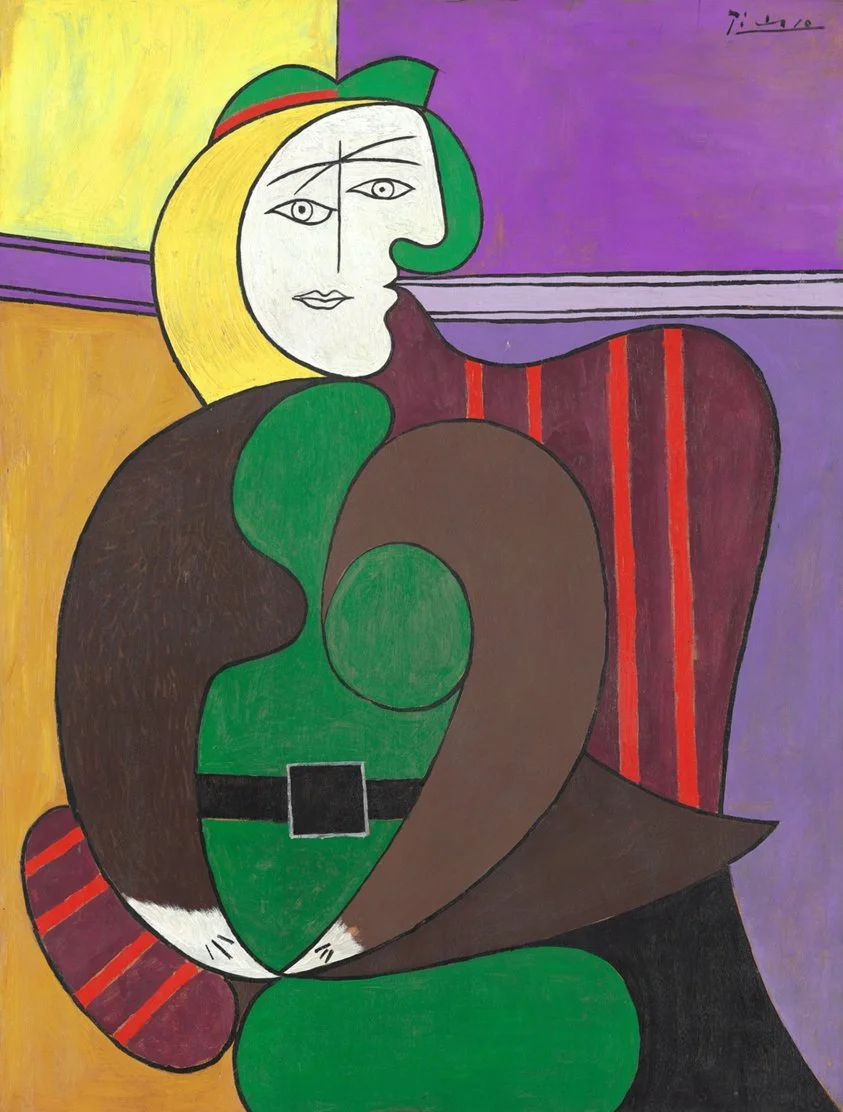
Workshop on the Phantasm — Catherine and Alain Vanier
In this workshop, Catherine Vanier will discuss “The Child’s Phantasm and the Child of Phantasm” in the morning and Alain Vanier will discuss “Transference and Phantasm” in the afternoon.

On Hate and Love — Paola Mieli
The process of identification brings to the fore an intrinsic vulnerability toward otherness, grounding the forms of hainamoration (love/hate) proper to the subject of language, and their subjective and collective manifestations — also typical of the political domain. Identification, narcissism, and the sexual non-relation will be addressed, exploring the vicissitudes of hate and love, and the path toward a relation to otherness that reckons with the real of difference, moving beyond the myth of the One toward a practice of the not-all.

Phantasm and Sublimation — Paula Hochman
For Freud, sublimation accounts for the fundamental achievements of civilization. It is the destiny of the drive, whose satisfaction is anchored in the social link. We will study the logic of sublimation and its relation to the phantasm, which supports the subject's desire.
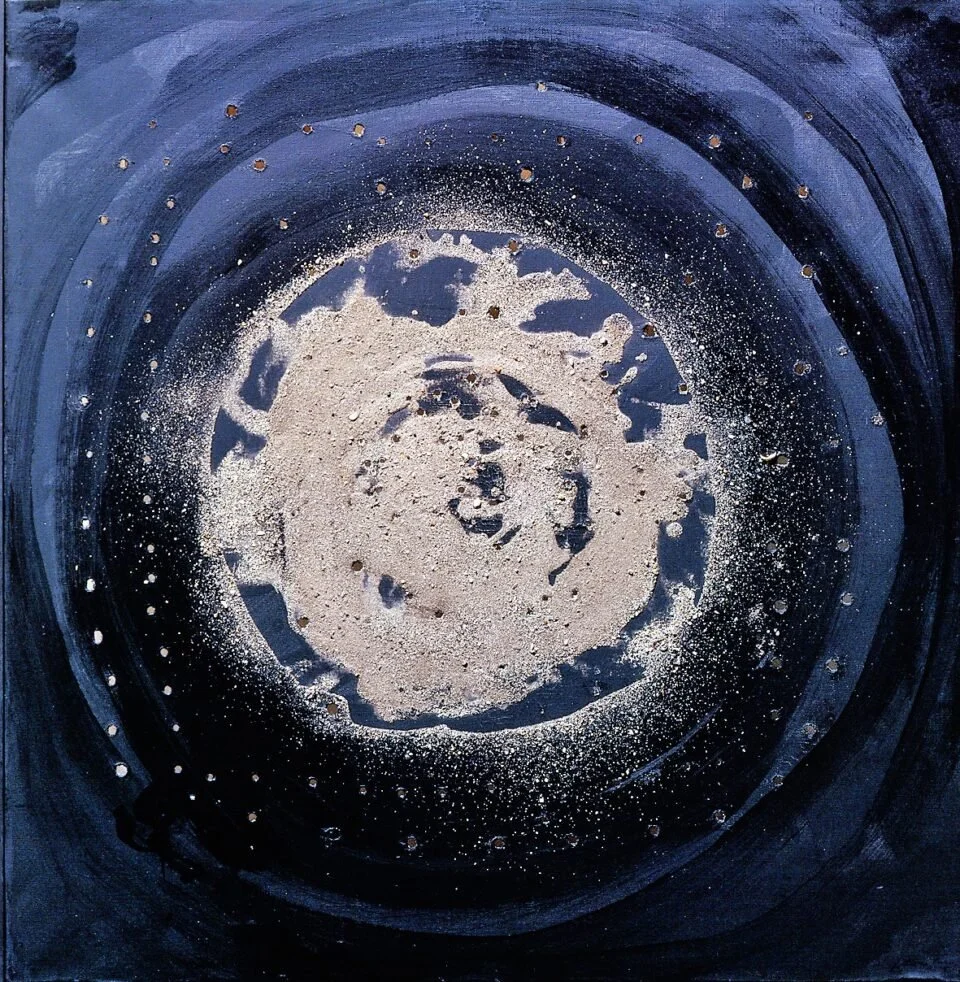
Holes and Lack — Mauro Milanaccio
In Lacanian psychoanalysis, the “hole” is not simply a physical absence, but a concept linked to the topology and structure of the subject. Lacan, using the surface of the torus, makes it a paradoxical element: the hole, far from being reduced to a pure lack, constitutes a point of intersection between the subject and the Other, between the demand and the object.

Sisters: For a Feminist Psychoanalysis—Silvia Lippi
Becoming a feminist is not merely a rational choice, but also a vital response to traumas that are lost in the mists of our individual histories. By laying the foundations for a psychoanalysis of sisterhood, this book breaks with a reigning silence and advocates for a feminism that embraces its own instinctual, traumatic, and even irrational elements — speaking to all those who aspire to think, feel, and live beyond the confines of patriarchal imaginaries.

Transference and Its Object: The Agalma — Lillian Ferrari (first meeting)
Contrary to being an intersubjective phenomenon, Lacan connects transference in analysis with a particular object he isolates in his seminar on Transference as the agalma, a hidden, precious object of desire enclosed in the other, and the antecedent of his notion of object a.
We will read selected chapters of Seminar VIII, Transference (1960-61).
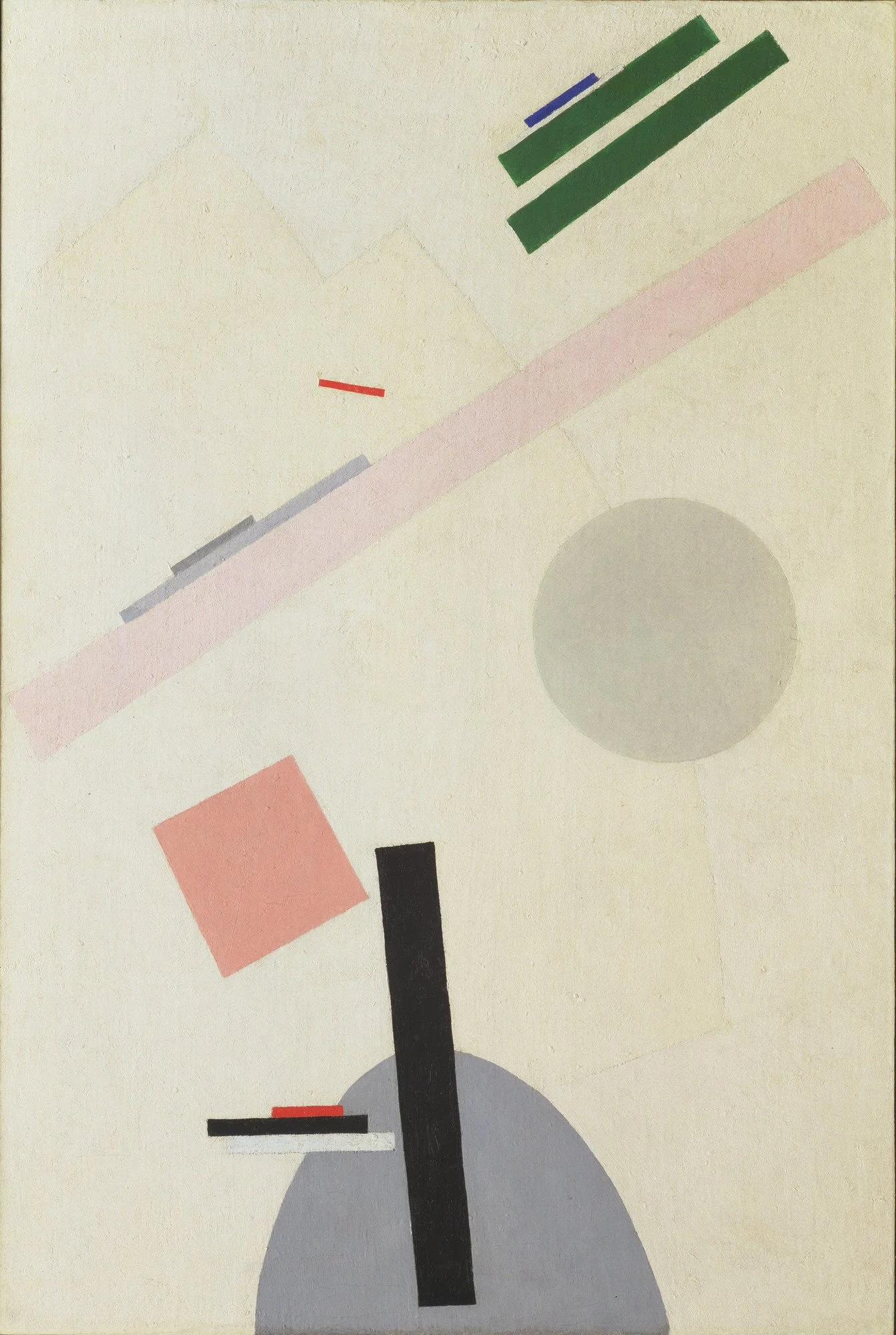
“The Sacred and Golden Pull of Reasoning”: On Plato’s Laws — Raffaella Colombo
In his last and longest dialogue, Plato deals with the creation of a just system of legislation for the colony the Cretan Clinias must found. The conversation on a hot summer day among Clinias, an unnamed Athenian, and the Spartan Megillus raises crucial questions about the divine or human origins of the laws and their role in the city. We will examine how the dialogue also considers the kind of transference the legislator must establish to create a stable bond among citizens and between each citizen and the legislation itself.
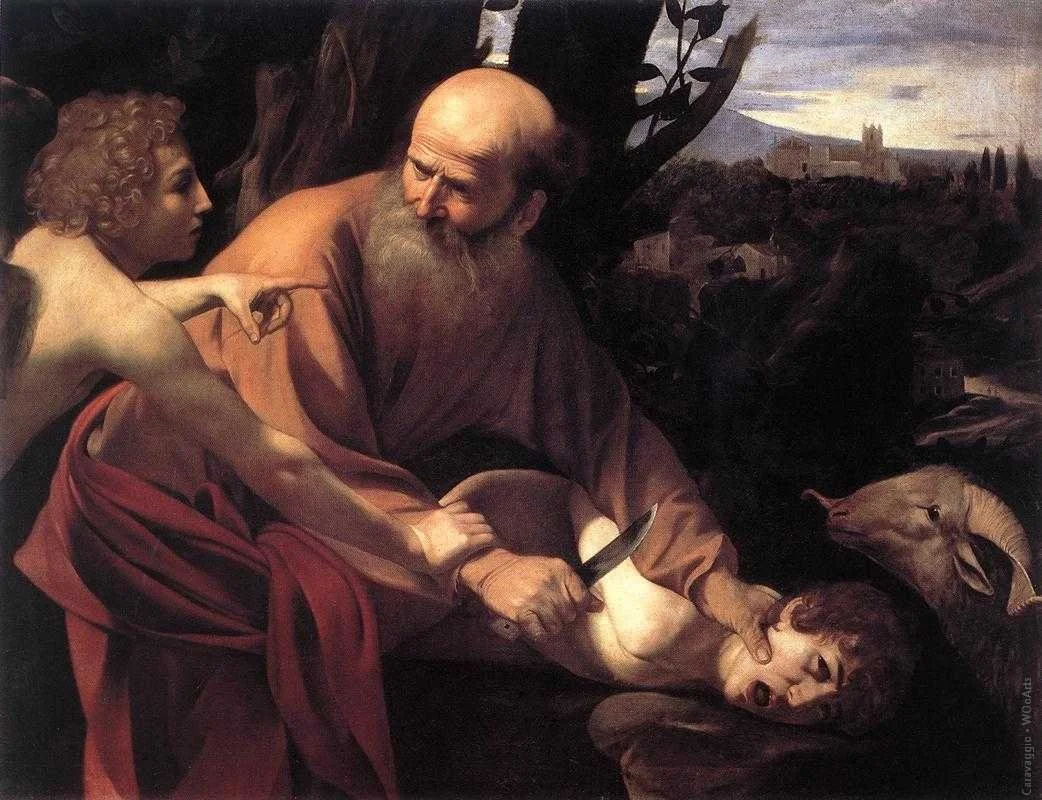
Freud and Lacan on Religion—Jean-Pierre Cléro
This workshop will explore the philosophical references that ground Freud’s and Lacan’s positions on religion. Reckoning with the plurality of languages informing the reflection on religion, we will explore the impact of Feuerbach’s thinking on Freud, as well as Kierkegaard’s and Bentham’s theories on Lacan.

Apocalypse, or Uncovering Possible Resilience — Béatrice Cléro-Mazire
Apocalypse is a literary genre that arose in dramatic circumstances: born of crisis, it decries the political violence of its time while envisioning the possibility of recovery for its victims. We will study how John’s Apocalypse maps a path of resilience for an oppressed community, and expand upon its significance for social and political movements.
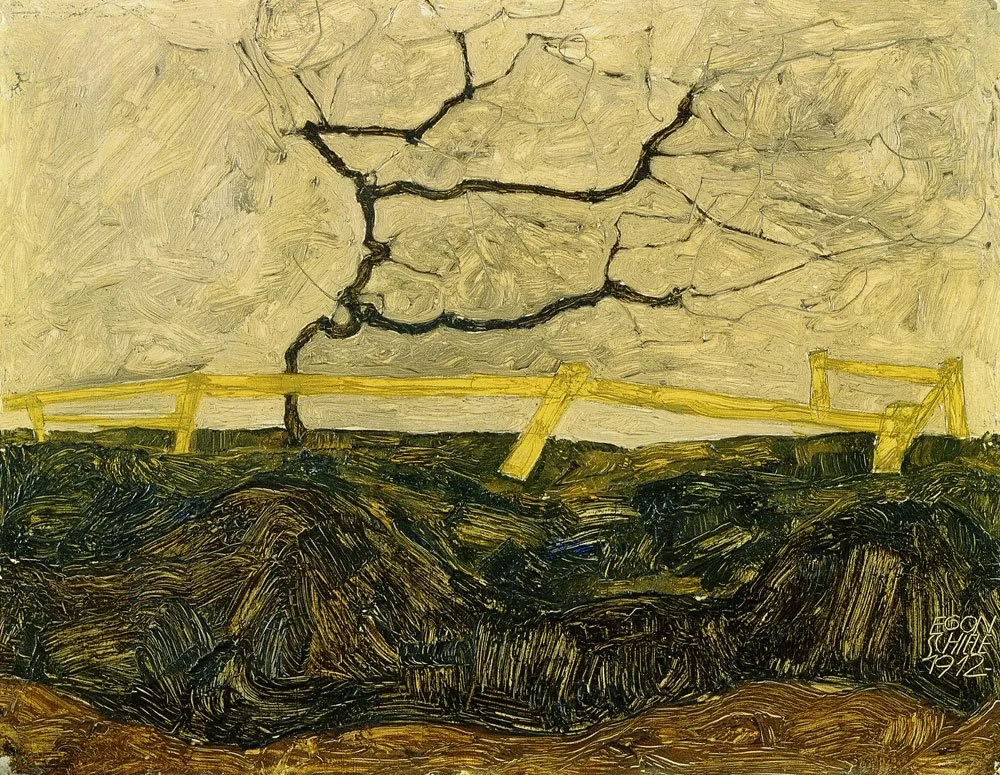
Transference in Psychosis: An Art of Invention—Adriana Passini (first meeting)
Lacan’s position on transference in psychosis is complex and evolves significantly throughout his teaching. Unlike in neurosis, where transference is structured around the logic of the subject-supposed-to-know, in psychosis its status is more problematic due to the foreclosure of the Name-of-the-Father. This seminar will explore how transference in psychosis can be approached not through interpretation in the traditional sense, but as an art of invention — a clinical orientation guided by the singular solutions each subject forges.

Psychoanalysis in the Institution — Ona Nierenberg (first meeting)
This clinical group will be oriented to the unique challenges and opportunities we encounter in hospitals, clinics, prisons, treatment programs, schools, and other institutions. We will explore the often surprising possibilities the analyst has to create and sustain space for the singular even in settings dominated by claims to the universal. Open to those currently working clinically in or with institutions.
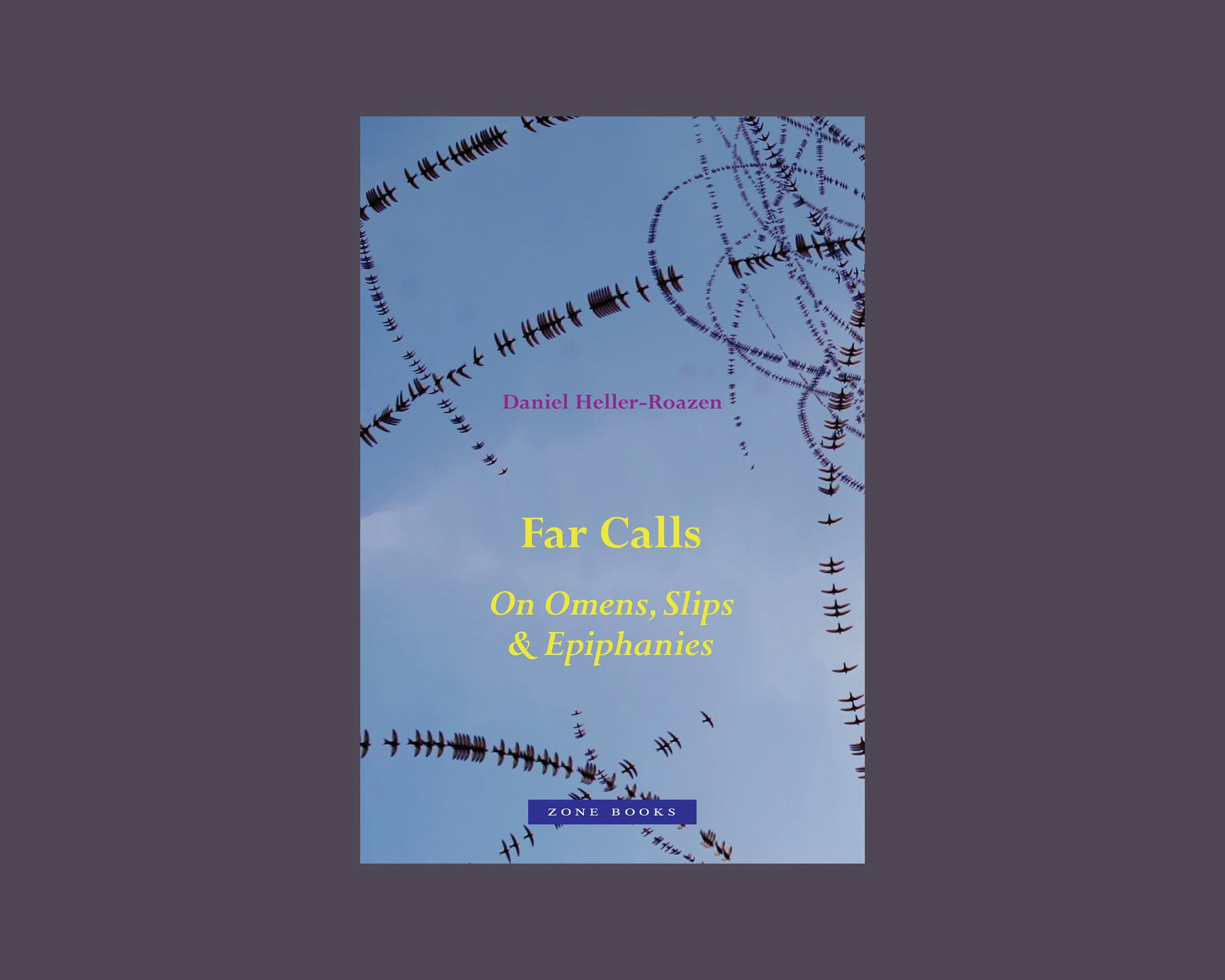
Far Calls: On Omens, Slips & Epiphanies — Daniel Heller-Roazen
When words are not heard but overheard, when phrases are perceived in bits and pieces, and when speakers, failing to do as they intend, state things they never meant to say, the saying, in its unsteady relation to understanding, becomes an event. That event has long been studied by prophets, priests and rabbis, poets and philosophers, linguists, psychiatrists and psychoanalysts, novelists and filmmakers. Far Calls explores the powers of sonorous coincidence and the varieties of reading that it incites.
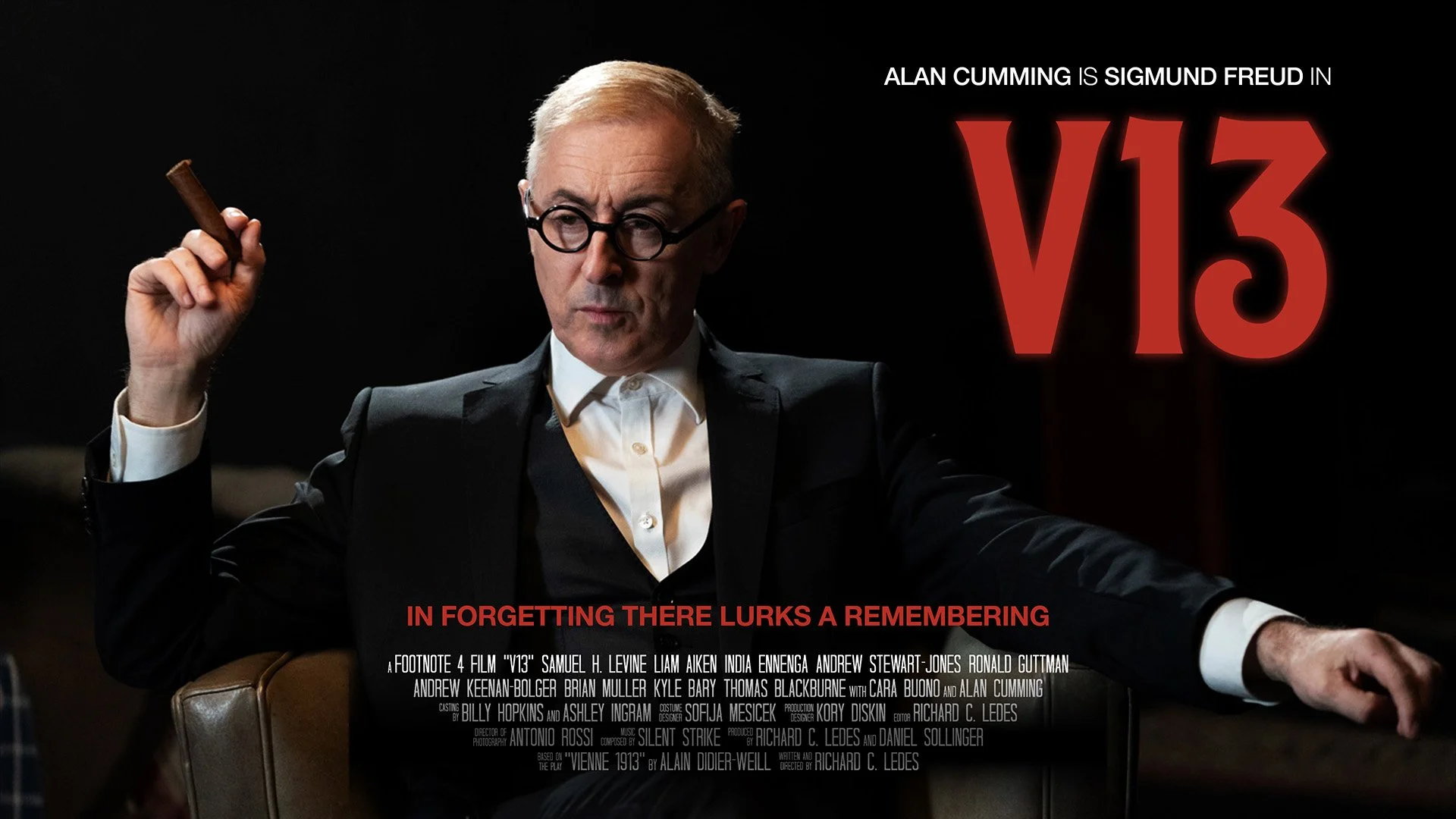
V13 from Vienne 1913: Reflections on Working with Alain Didier-Weill — Richard C. Ledes
Alain Didier-Weill’s stage depiction of the crucial debates taking place in Vienna in 1913 addresses the relevance of the racism of the time as well as the controversy between Freud and Jung on basic concepts that involve both psychoanalysis and politics. These tensions, as well as transposing them into a contemporary setting, in the film V13, will be addressed.
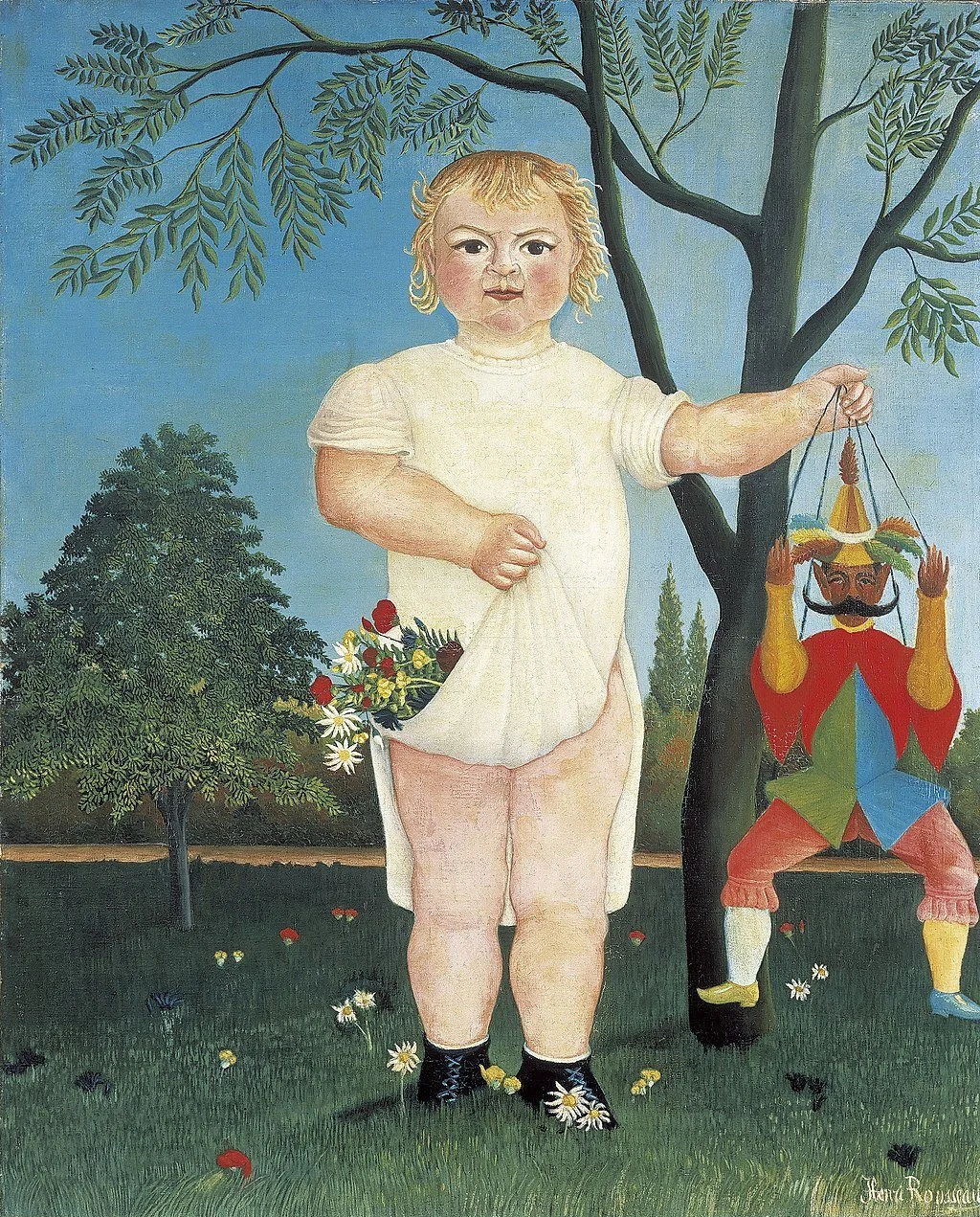
On Working Psychoanalytically with Children — Angelo Villa (first meeting)
This seminar will focus on clinical work with children, returning to relevant psychoanalytic readings and discussing clinical material brought by participants. Open to participants who work with children.
dates to be announced
The Logics of the Sexed Being — Gisèle Chaboudez
Since Freud, psychoanalysis has updated its thinking about sex. With Lacan, the pan-phallic logic of the Oedipal gave way to a female logic of the not-all, allowing women an “other jouissance.” The phallic function remains, but it’s no longer exclusive.
Après-Coup Presentations Event
This event will be free and open to the public.

